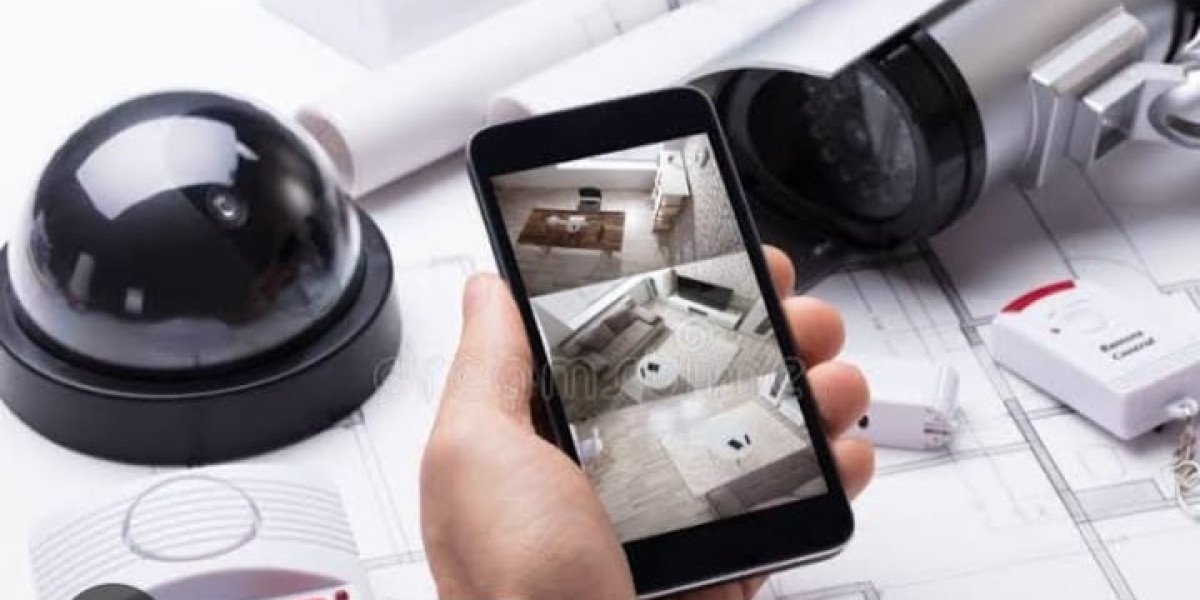In today’s world, security has become a top priority for individuals, businesses, and governments alike. One of the most effective tools for ensuring safety is the use of Closed-Circuit Television CCTV systems. These systems have become a cornerstone of modern security, providing surveillance and monitoring in both public and private spaces.
What Are CCTV Systems?
CCTV systems are video cameras that transmit signals to a specific set of monitors. Unlike broadcast television, CCTV footage is not openly transmitted but is instead confined to a closed network of cameras and monitors. The primary function of CCTV is to monitor and record activities, allowing for both real-time surveillance and recorded footage that can be referred to later if needed.
The Role of CCTV in Modern Security
CCTV systems offer a wide range of benefits when it comes to enhancing security, particularly in urban environments and at business locations. Here are several reasons why CCTV systems are indispensable in modern security frameworks:
Crime Prevention: The presence of CCTV cameras can significantly deter criminal activity. Studies have shown that areas under constant surveillance have lower crime rates. Potential criminals are less likely to act if they know they are being watched, making CCTV a crucial tool in preventing theft, vandalism, and other illegal activities.
Real-Time Monitoring: With modern advancements, CCTV systems are capable of providing live feeds that can be monitored in real-time. This allows security personnel or law enforcement agencies to respond quickly to suspicious activities, significantly improving response times during emergencies.
Evidence Collection: CCTV cameras can provide valuable evidence for investigations. Footage from cameras can be used in courtrooms to help identify criminals, understand the sequence of events, and provide solid evidence that supports investigations.
Remote Access and Monitoring: Many modern CCTV systems allow for remote viewing via smartphones, tablets, and computers. This flexibility ensures that business owners, security teams, or homeowners can monitor their properties from virtually anywhere, improving convenience and peace of mind.
Improved Employee and Public Safety: CCTV systems can improve workplace safety by monitoring hazardous areas, controlling access to restricted zones, and ensuring compliance with safety protocols. Additionally, in public spaces, CCTV cameras contribute to general public safety by helping prevent accidents and providing a visual deterrent to potential criminal activities.
The Future of CCTV Technology
The evolution of CCTV systems continues, with advancements in artificial intelligence, facial recognition, and smart analytics enhancing their capabilities. These new technologies can analyze footage in real-time, identifying faces, objects, and behaviors that are deemed suspicious, making surveillance more efficient and automated.
Additionally, the integration of CCTV with other security systems like alarms and access control can create a more holistic approach to safety, where different systems work together to provide a comprehensive security solution.
Conclusion
CCTV systems play a crucial role in modern security, providing numerous advantages ranging from crime prevention to improved safety and faster emergency responses. As technology continues to evolve, the role of CCTV systems in protecting homes, businesses, and public spaces will only grow, making them an indispensable component of our security infrastructure. Whether for residential or commercial use, investing in a CCTV system is a proactive step toward ensuring safety and security in an increasingly uncertain world.








